Traditionally talking, boxing is a sport of nice rivalries, although now we are able to solely pine for the times when pugilists thought nothing of dealing with an adversary greater than as soon as in a single 12 months. As it’s, the trilogy, enjoying because it does on the significance of the quantity three in so many cultures, is the collection of alternative, essentially the most well-known being the Muhammad Ali vs Joe Frazier triumvirate for the ages. And but, that collection, as momentous because it was, is dwarfed by the sequence of battles from way back between Ted “Child” Lewis and Jack Britton. Their first tilt was adopted by no fewer than nineteen (!) sequels, of which not less than seven had been title bouts. With all twenty matches occurring between 1915 and 1921, it stays boxing’s most prolific, if not best-known, rivalry.
One half of it, Ted “Child” Lewis, was born Gershon Mendeloff in London’s East Finish on October 24, 1894, proper across the time Britain’s favorite son, “Ruby” Robert Fitzsimmons, plied his commerce in opposition to one of the best of his day. In time, Lewis would turn into as famend as “The Freckled Surprise” and one in every of England’s most cherished fighters, to not point out, by many accounts, the best pound-for-pound pugilist to ever emerge from the UK.
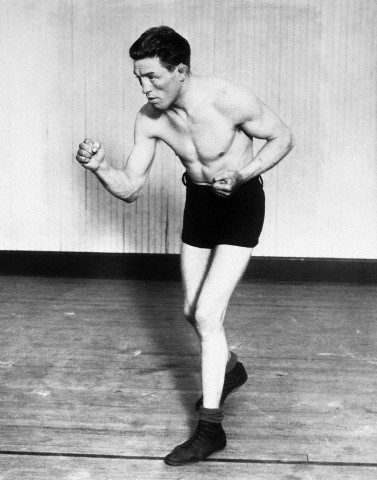
Beginning his skilled profession on the tender age of fourteen in an East Finish theatre, Lewis boxed for meagre pay however was instantly profitable. Though his most well-known bouts would happen within the welterweight class, his nascent profession noticed him compete as a bantamweight. His first style of championship success occurred only a few weeks shy of his nineteenth birthday when in 1913 Lewis stopped Alec Lambert for the vacant British and European featherweight titles.
The next 12 months noticed Lewis make a quick sojourn to Australia, profitable 4 out of 5, earlier than heeding the decision of America the place fame and fortune awaited and the place he would dwell and battle for the subsequent a number of years. Throughout this time Lewis maintained a particularly hectic schedule; in 1915 alone he fought greater than twenty instances. And it was throughout this era that Lewis modified his ring kind. He had began out as a shifty boxer with an extended left lead, however whereas in America he modified his type, ultimately turning into a swarming boxer-puncher with a capability to throw lethal, rapid-fire mixtures. Evidently, this transformation happy the general public which got here to like the courageous Brit’s all-action type and willingness to tackle larger and heavier opponents.
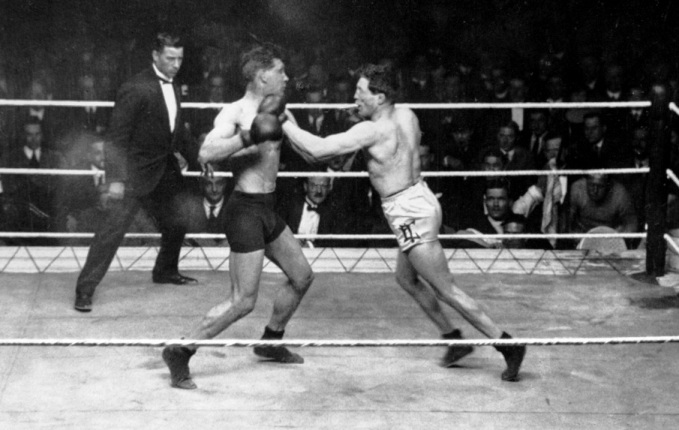
His first match with Britton came about on March 26, 1915 in New York and the newspaper choice went to Lewis’ rival. Including some spice to their wrestle for welterweight supremacy was the actual fact each Lewis and Britton held a real loathing for the opposite, refusing to talk and normally forgoing the customary handshake earlier than every of their contests. It’s laborious to know exactly why Lewis disliked Britton, however Britton’s rancour was plain as day: a proud Hibernian, he held a grudge in opposition to the English Jew.
The bias helps to elucidate how two fighters might interact in such a prolonged collection of battles and hold all the things “on the extent” in a time when mounted matches had been recognized to happen. As Britton’s supervisor, the well-known “Dumb” Dan Morgan put it, “Britton was Irish and so was I. Might we belief an Englishman?” Regardless of the depth of the rivalry, Morgan had nothing however respect for the talents of Lewis, ranking him “a intelligent, two handed puncher.” He went on to notice that Lewis “seldom jabbed [but] was all the time winging with both hand and he might take it with no whimper.”
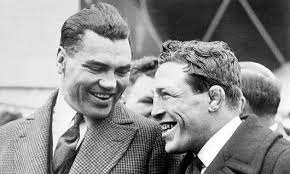
Lewis campaigned in America for the subsequent 4 years, throughout which period the welterweight title modified palms virtually completely between he and Britton. Their feud included three battles within the span of a single month in June of 1916 in addition to a really satisfying triumph for Britton and Morgan on St. Patrick’s Day, 1919. Morgan was so happy after that individual win, he despatched a telegram on to Buckingham Palace to boast of an Irishman’s victory over an English champion.
In December of 1919 Lewis lastly returned to England to proceed his profession and marketing campaign as a welterweight. And a middleweight. And a lightweight heavyweight. What’s extra, he was a right away success. Johnny Basham fell to his two-fisted onslaught in 9 rounds on June ninth, 1920, and Lewis claimed the European welterweight title. Different notable wins had been a rousing twenty spherical victory over Jack Bloomberg, a middleweight, and Lewis staking his declare to the British middleweight and light-heavyweight championships, in addition to the European middleweight title. Lewis was even knocking out heavyweights, such was his confidence.
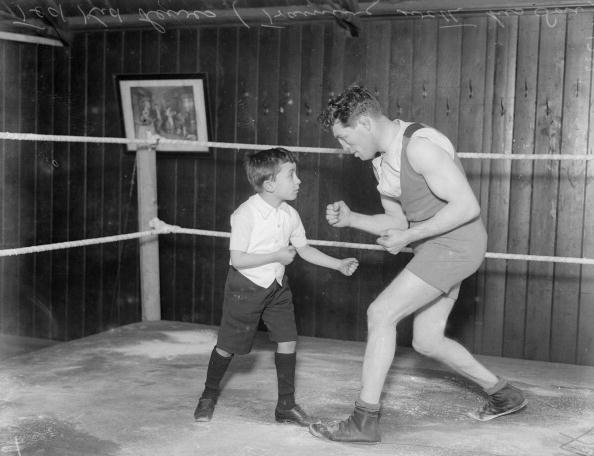
This identical confidence spurred Lewis on to problem “The Orchid Man,” France’s Georges Carpentier, for the world mild heavyweight title in London on Could 11, 1922. For a lot of patriotic Englishmen, the duty at hand was attainable for the champion who had introduced them such glory in years previous. However the battle ended within the first spherical. Lewis had been mauling the bigger Carpentier along with his trademark “smashing, bashing” type, throwing a bevy of ripping uppercuts to the physique with each palms and exploiting his knack for punching successfully whereas being clinched, when he turned to the referee who was warning him about holding. This break in focus price Lewis all the things: Carpentier immediately struck with a vicious proper hand at this most propitious of moments and ended the battle.
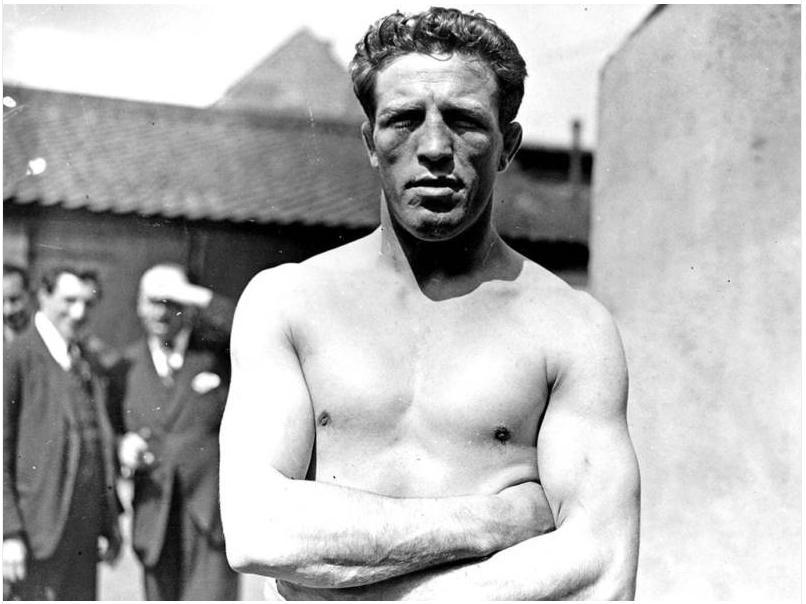
Lewis competed for an additional seven years after this setback, although he by no means once more contested for a world title. He retired in 1929 and in whole fought some 300 bouts, profitable 193, eighty of these by knockout. His fellow Englishmen embraced him as one in every of their easiest and he’s regarded by many because the most interesting boxer to ever emerge from the British Isles, his solely rivals for that lofty standing being Fitzsimmons, Jimmy Wilde and Freddie Welsh. By any measure, and no matter nationality, Ted “Child” Lewis is clearly a pound-for-pound nice. — Mathieu Brousseau


















